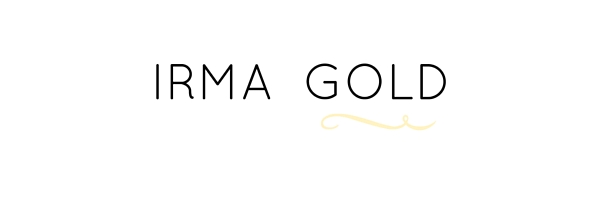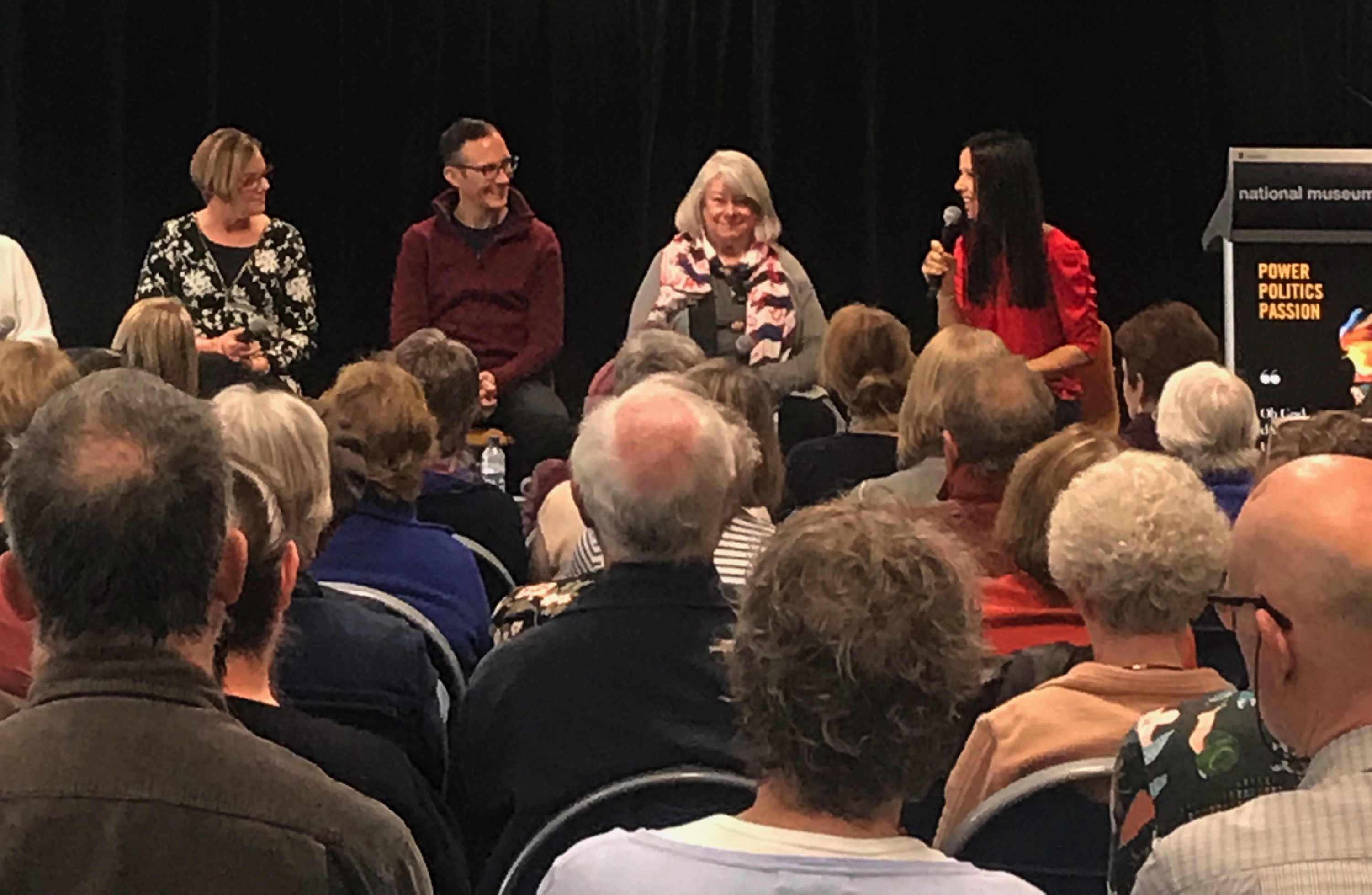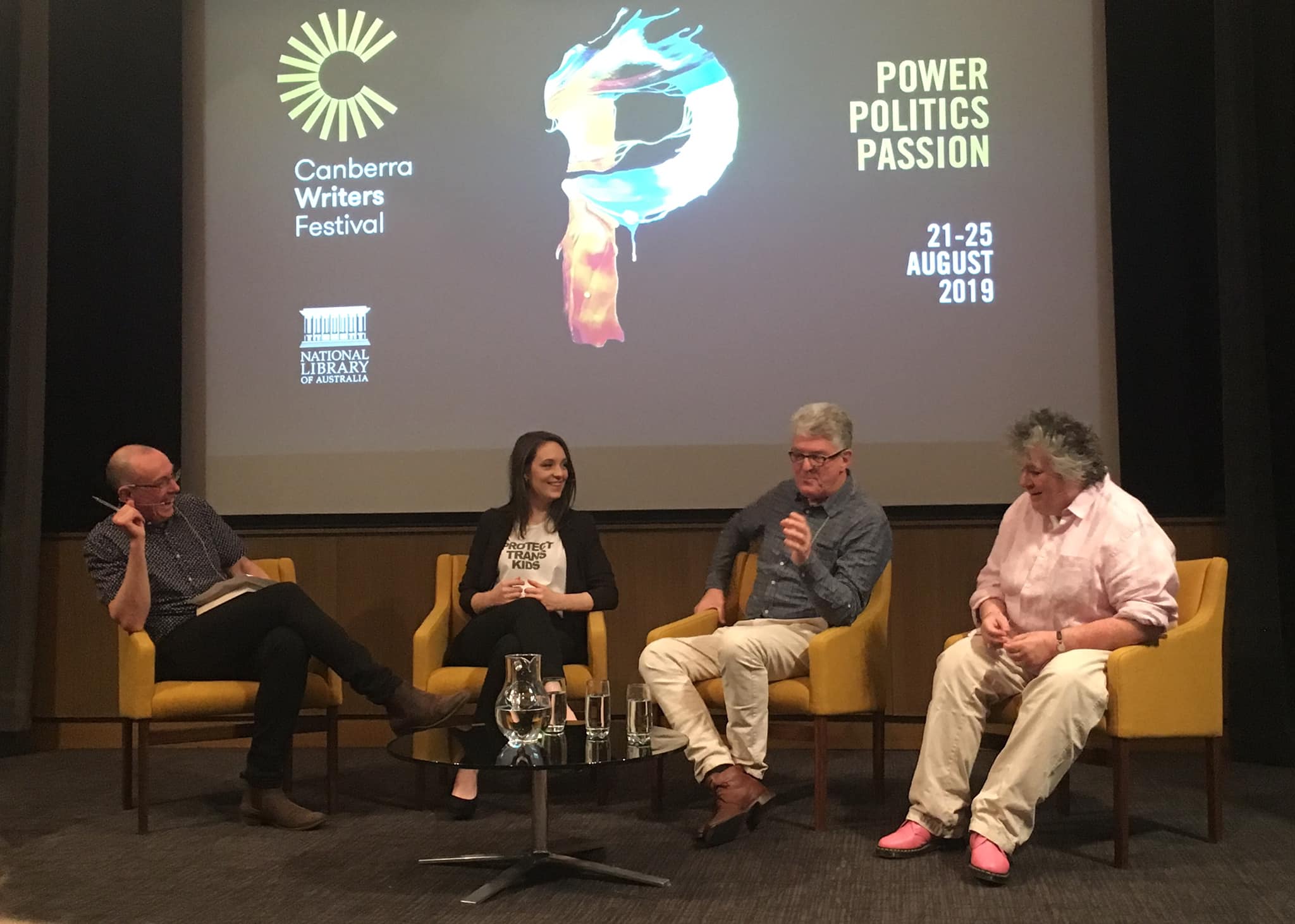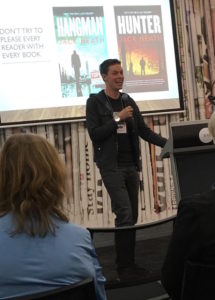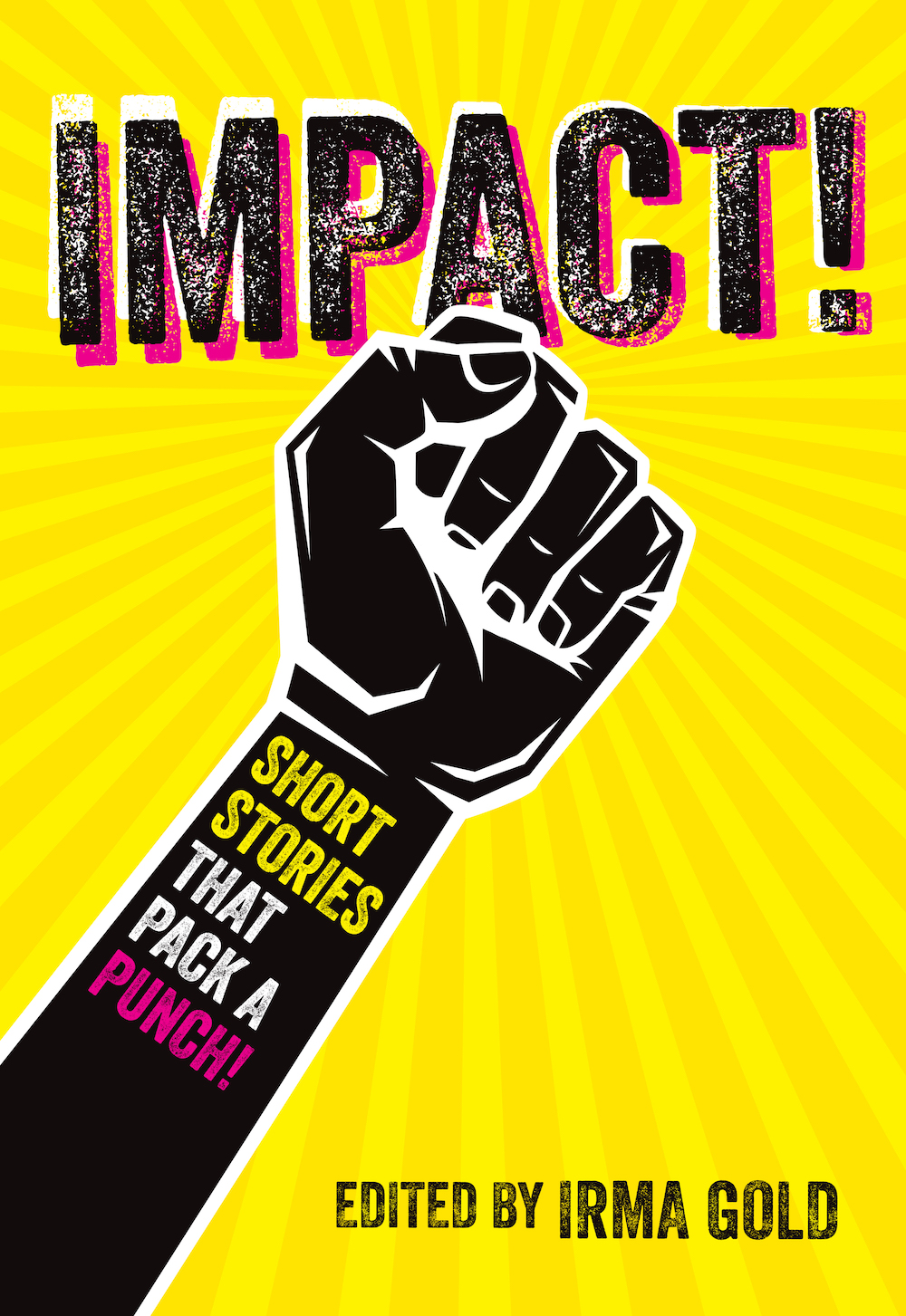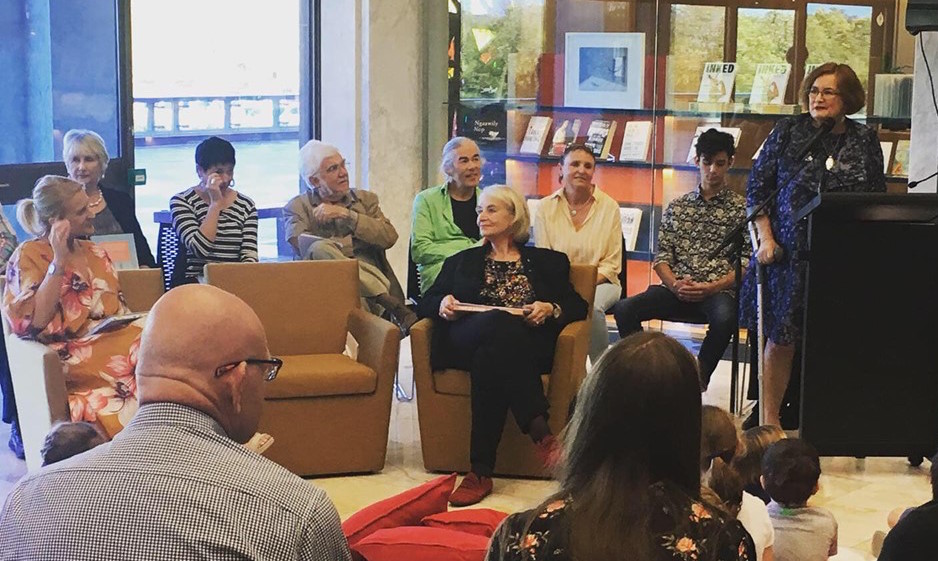Is anyone else hanging for the end of the year? I’m so madly busy right now and the pace isn’t going to let up until Christmas Day. It helps that I’m editing some incredible books which I’m so excited to see in print, but I’m also hanging out for the Christmas break when I can drink prosecco and eat mince pies and do very little other than laze about and read. Okay, so with three children that is probably going to remain an illusive fantasy, but a girl can dream.
Let’s stick with November for now which has offered up a few highlights of its own. First up was the annual celebration for the ACT Chief Minister’s Reading Challenge for which I am an ambassador.
It’s such a joy to be a part of this initiative which aims to transform kids into book addicts for life. The challenge asks them to read a minimum of 15 books but there is no set list — they can read whatever sparks their imagination. This is so important because with so many forms of entertainment competing for kids’ attention, we need to help them find the books that sing for them, the books whose worlds they won’t want to leave.
So it’s wonderful to hear about the Reading Challenge’s success stories. This year one of the standouts was a student from Holy Spirit Primary School who set himself the goal to read 1000 books over the six months of the challenge. He wasn’t previously a particularly avid reader but he smashed that 1000! I must say I’m a tad jealous. I manage about 100 novels a year — if only I could somehow claw back those luxury after-school hours of primary school again! I would only need a live-in chef, housekeeper, gardener and taxi driver to achieve this. Ah, there I go into fantasy land again.
- Ambassadors with ACT Chief Minister Andrew Barr and Paperchain Bookstore sponsor Roger Tall
- With fellow Ambassadors Tracey Hawkins (L), Tania McCartney and Harry Laing
Another standout was two students with vision impairment who completed the challenge, one in braille and one in large print. Neither of them were big readers before. In fact, the student who read in braille (from Caroline Chisholm Primary) had previously avoided reading at all costs. But the challenge saw her reading at both recess and lunch! Hearing these stories makes my heart swell a little. Okay, a lot. Hats off to all the students who completed the challenge this year, and I look forward to going on more reading adventures with the challenge next year.
This month I also helped a bunch of writers create their own fantasy lands of sorts when I taught a full-day picture book workshop. It was lovely to hear that it was the ACT Writers Centre’s most popular workshop of the year! This meant that it was elbow room only as we got cosy in the glorious upstairs space of Harry Hartog’s bookshop at the ANU. Could there be anything more wonderful than talking about how books work when you are surrounded by them? (No, is the correct answer.) They were a gorgeous and engaged group and I look forward to seeing some of their names on future picture book covers.
November also marks the end of an era for me. Since 2008, I have spent almost a decade teaching editing at the University of Canberra (yes, I realise those numbers don’t add up but I had a brief break in there). It’s been wonderful getting to know the students and seeing them go on to do all sorts of fabulous things in the world, and I’ve learned so much about myself along the way. A massive shout out to all the brilliant postgrad students who made it such a pleasure.
 I’m going to briefly dip into October now because I had the absolute pleasure of interviewing literary superstar Charlotte Wood, who also happens to be one of my all-time favourite authors. As I discovered, she is also a generous and generally delightful human. We spoke about her new novel The Weekend, which is a brilliant book that examines old age and friendship. I devoured it, appropriately, over one weekend, and I’d strongly encourage you to do the same.
I’m going to briefly dip into October now because I had the absolute pleasure of interviewing literary superstar Charlotte Wood, who also happens to be one of my all-time favourite authors. As I discovered, she is also a generous and generally delightful human. We spoke about her new novel The Weekend, which is a brilliant book that examines old age and friendship. I devoured it, appropriately, over one weekend, and I’d strongly encourage you to do the same.
Harry Hartog events manager extraordinaire, Katarina, pronounced our conversation her favourite event of 2019. It was for me too! It doesn’t get better than chatting with a writer whose work you have admired for years.
Finally, my most exciting November news — drumroll please! I was thrilled to receive a phone call from artsACT a few days ago to say that my grant application was successful. This means I’m travelling to the Iceland Writers Retreat next April where I’ll be working on my second novel. It is one of the world’s most lauded retreats, with a phenomenal line-up of internationally successful authors running masterclasses. Needless to say I am dying of happiness!
Well, that’s it from me for now. Excuse me while I go back to dreaming of mince pies and endless (primary-school style) hours in which to read. And maybe an Icelandic adventure or two.
